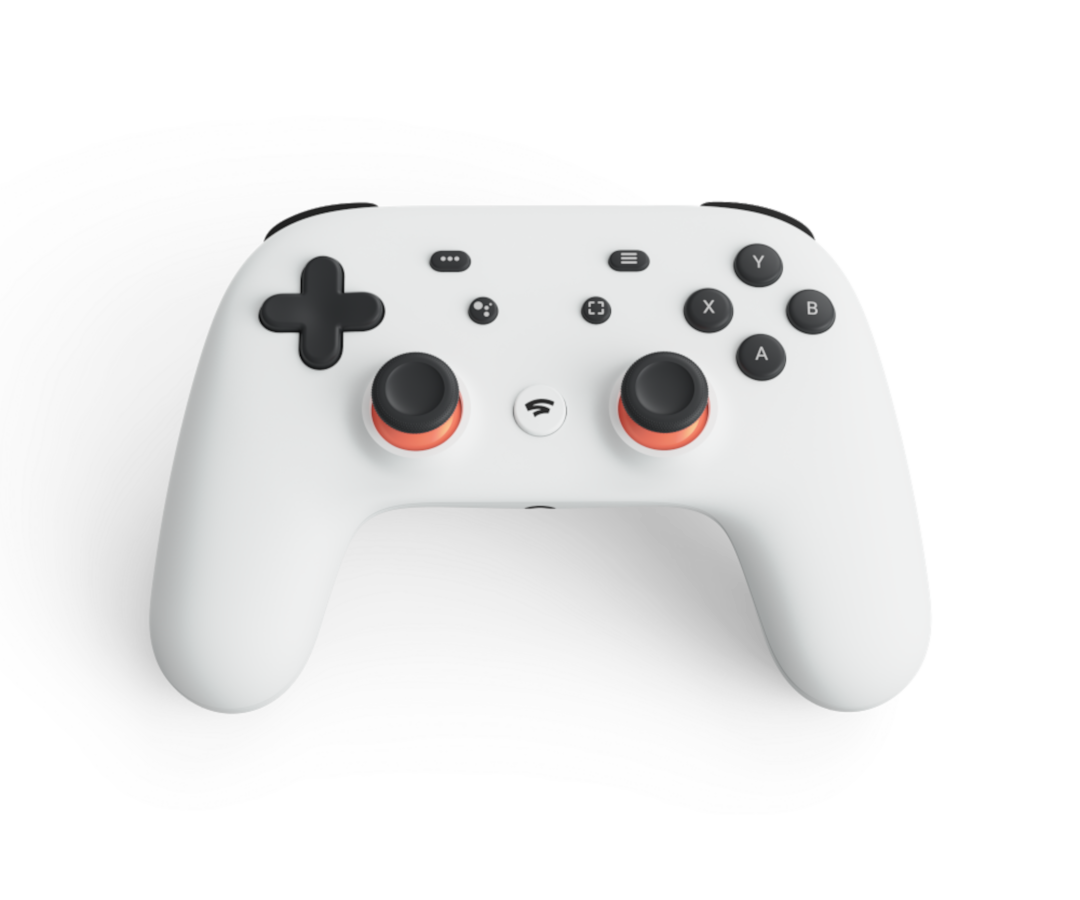
Google Announced Their New Cloud Gaming Platform “Stadia” in GDC
- Google finally announces its highly anticipated cloud gaming platform, and the promises are staggering.
- Stadia will be empowered by an extensive network of data processing and communication nodes.
- Only three titles are confirmed for Stadia right now, but a deluge of more games is bound to come soon.
Named after the ancient Greek term for “stadiums”, Google’s new cloud gaming platform has been officially announced during yesterday’s GDC keynote. Stadia is promising instant access to a galore of games on any device (Chromecast, desktop PC, smartphone), with the user enjoying them at the level of 4K resolutions, 60 fps, and HDR surround sound. Stadia will not be only about those who like to play the games, but also about those who enjoy watching them. The new platform will bring the two groups together by laying a bridge to connect players and spectators through its online platform.
https://www.youtube.com/watch?v=AffodEEF4ho
As we had seen through a patent revelation earlier in the month, the whole project will revolve around a dedicated gaming controller. This controller will give players access to the game collection, allow them to connect with others and chat, save their progress and resume on a different device, give voice commands through its “Google Assistant” button, and even capture gaming footage in real-time and stream it on YouTube. All of this sounds great, and Google has definitely not been parsimonious in their promises. However, people are skeptical, and gamers are especially hard to please. How are they going to enjoy 4K/60fps gaming without latency and lags through WiFi and no local hardware resources?
source: blog.google
Google says that the Stadia gaming network will be based on 7500 high-speed nodes that will be located in strategic locations around the world (where Stadia will be supported). Every one of the Stadia data centers will employ an AMD 2.7 GHz x86 CPU, 16 GB RAM of up to 484 GB/sec transfer speed, and a 10.7 teraflops GPU. To put this number into perspective, that’s the processing power of an Nvidia Titax X. So, on paper, gamers will be able to play anything with these specs, so it’ll all be a matter of internet speed.
Stadia will first launch in the U.S., Canada, U.K., and many countries in Europe, with Google preferring the vague “later in the year” instead of a definite date. Among the first supporters of the Stadia are id Software, Unreal, and Unity, so a port of the upcoming Doom Eternal can be considered certain. Another game that will surely find its way in Stadia is the “Assassin’s Creed Odyssey”, which was already used during the beta testing phase of “Project Stream”. Q-Games has also confirmed that they are developing a new title for Stadia, but no further details about that have surfaced yet.
Are you excited with the dawn of cloud gaming platforms, or do you see this as a non-feasible project that will disappoint gamers? Let us know of your opinion in the comments section below, and help us spread the news by sharing this post through our socials, on Facebook and Twitter.








